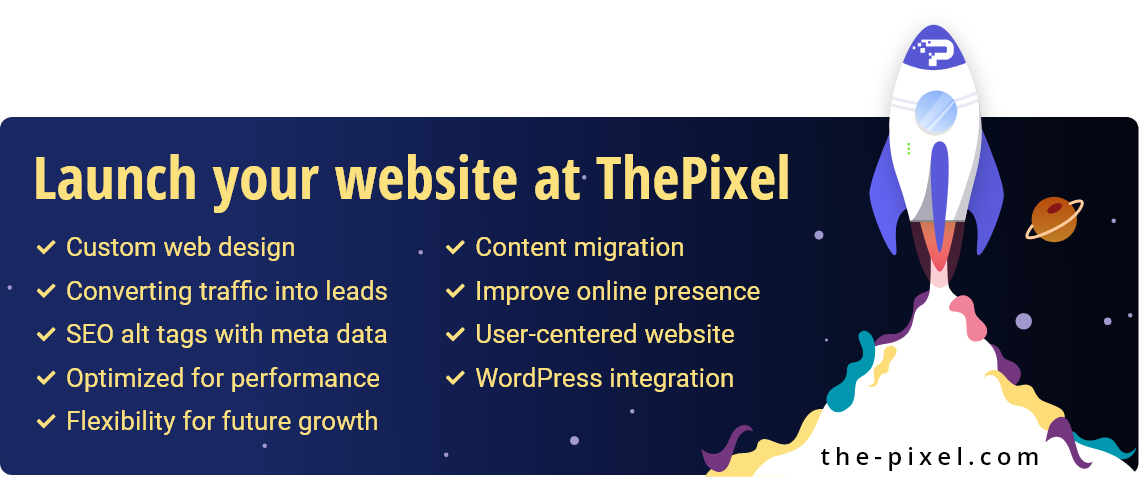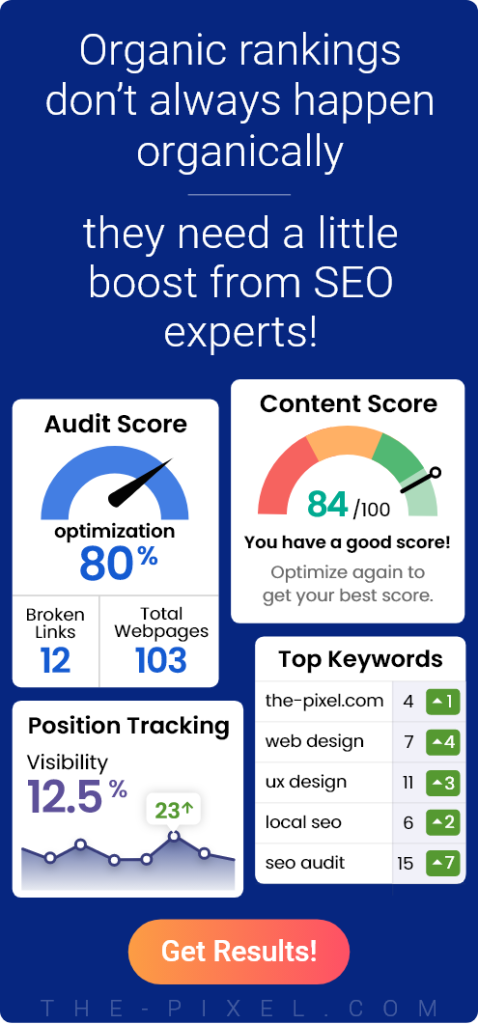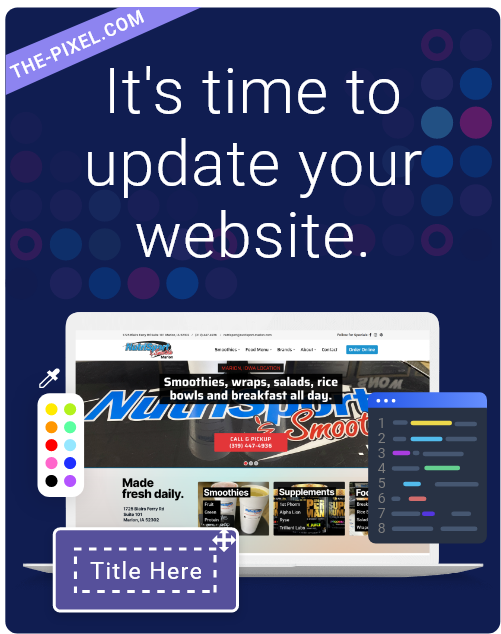Website success can be measured in various ways
Website success can be measured in various ways
What kind of website are you planning to create? Do you already have a specific purpose or goal in mind, like an eCommerce website, portfolio, blog, or something else?
Creating a website plan is a crucial step in developing a successful site. It helps establish clear goals, the structure, and functionality before the actual design and development process. Here’s a step-by-step guide for creating a website plan:
1. Define website goals & purpose
- Primary Goal: What is the main reason for the website? (e.g., business, portfolio, blog, e-commerce)
- Secondary Goals: Additional objectives like lead generation, customer engagement, or providing information.
- Target Audience: Who are your website visitors? (e.g., age, profession, location, interests)
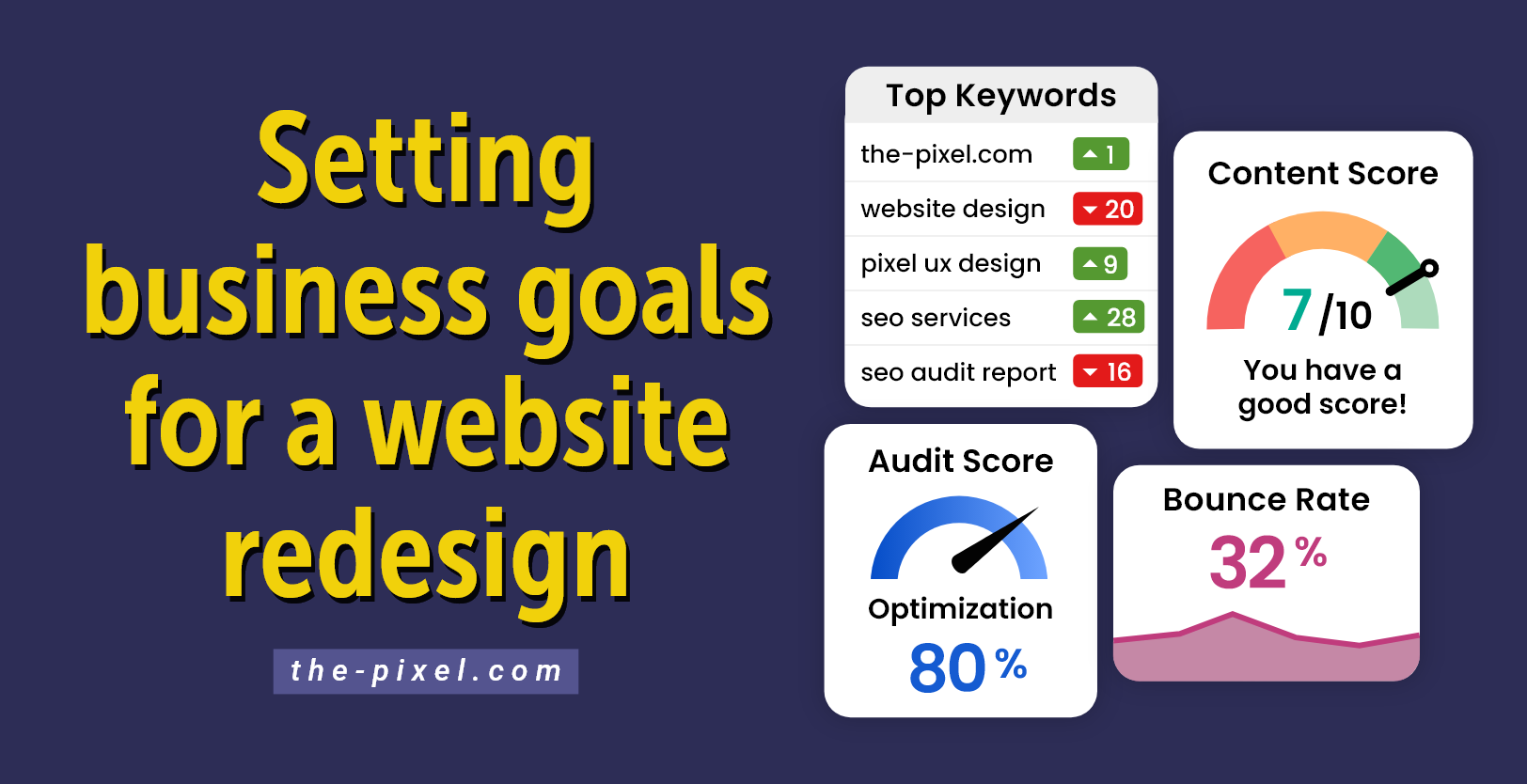
2. Research & competitive analysis
- Competitor Websites: Analyze competitors’ websites for design, features, user experience, and content. What works for them? What can you improve?
- User Experience: Consider how users interact with competitor websites and aim for better usability.
3. Content strategy
- Content Types: Identify the types of content you will have, such as blog posts, videos, images, or product descriptions.
- Content Hierarchy: Organize the content into categories or sections.
- SEO Strategy: Plan keywords and content optimization to rank better on search engines.
- Tone and Voice: Decide on the tone (formal, casual, professional, etc.) of your content.
4. Website structure (Sitemap)
- Main Pages:
- Home
- About Us
- Services/Products
- Blog/News (if applicable)
- Contact Us
- FAQ (if applicable)
- Navigation: Plan how these pages will be structured and accessed from the menu.
- Call-to-Actions (CTAs): Where will key actions (e.g., “Buy Now”, “Contact Us”, “Sign Up”) be placed?
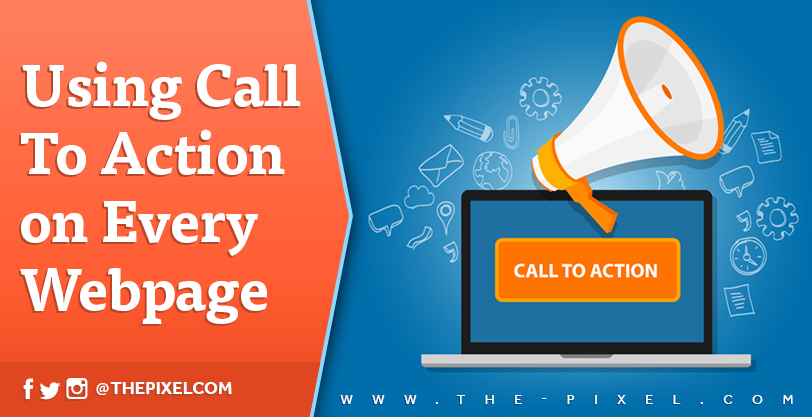
5. Design and user experience (UX)
- Wireframes/Mockups: Sketch wireframes for each page to represent layout, design, and structure.
- Visual Identity: Define the branding, including color palette, typography, logo usage, and imagery style.
- Responsive Design: Ensure the website is optimized for mobile, tablet, and desktop devices.
- Accessibility: Implement accessibility features to make your website usable for all users, including those with disabilities.
6. Functionality & features
- Core Features: Outline features that are crucial for your website (e.g., e-commerce store, contact forms, member login, search functionality).
- Plugins/Integrations: Identify any third-party tools or integrations (e.g., email marketing, CRM, payment systems).
- CMS (Content Management System): Choose a platform to manage content (e.g., WordPress, Shopify, or custom-built).
7. SEO & performance optimization
- On-Page SEO: Plan for meta tags, alt text for images, URL structure, etc.
- Speed Optimization: Consider strategies to enhance website loading times (e.g., image compression, code optimization).
- Mobile Optimization: Ensure that the website performs well on mobile devices.
8. Technical requirements
- Hosting: Choose a hosting provider and plan.
- Domain Name: Decide on and register your website’s domain.
- SSL Certificate: Ensure the site is secure with HTTPS.
- Tracking & Analytics: Plan to use tools like Google Analytics, Google Search Console, etc., to track website performance.
9. Launch & post-launch
- Pre-Launch Checklist: Finalize content, test site functionality, and ensure everything is working as expected.
- Launch Strategy: Plan how to launch and promote your website (e.g., social media announcement, email marketing).
- Ongoing Maintenance: Schedule regular updates, backups, and performance monitoring.
10. Budget & timeline
- Budget: Estimate the total cost for design, development, content creation, and ongoing maintenance.
- Timeline: Set deadlines for each phase of the project to ensure the website is launched on time.
By following this plan, you’ll have a structured approach to building your website. Feel free to customize it depending on the specifics of your project!
Hire ThePixel to build your next website!
Since our founding in 2008, we’ve created and launched many types of business websites. Over the last decade and we’ve learned a thing or two! That’s why we’re masters of our craft, let us help you build the website of your dreams – one that generates traffic, leads and conversions.
Are you ready to start? If yes, contact ThePixel and one of our representatives will guide you through the website phases and how the process works either by a Zoom Meeting or phone.
